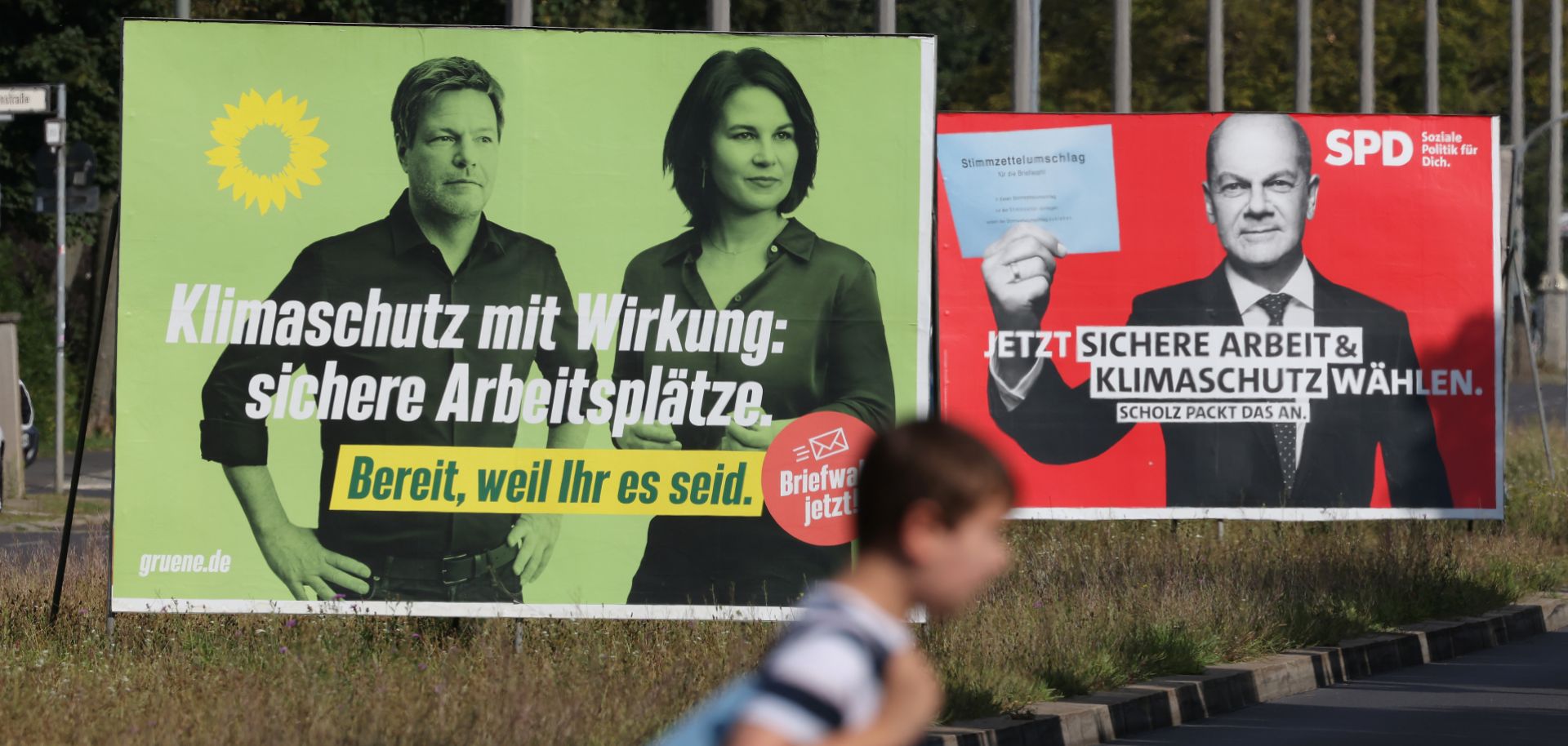Germany’s upcoming federal election will result in a moderate government that supports EU and NATO membership, seeks fiscal consolidation after the COVID-19 pandemic, and implements policies to reduce carbon emissions over time. But the pace of implementation and depth of these policies will depend on the ideological composition of the next government coalition. Germany will hold a federal election on Sept. 26, the first in 20 years where conservative Chancellor Angela Merkel will not be a candidate. Opinion polls suggest the election will produce a fragmented Bundestag. As a result, the negotiations to form a coalition will take several months, and Germany may not have a new government until late 2021 or early 2022. The new government will likely include moderate center-left and center-right parties, while excluding the anti-immigration and euroskeptic Alternative for Germany (AfD), as well as possibly the anti-globalization and anti-NATO Die Linke. This means that the new government...

